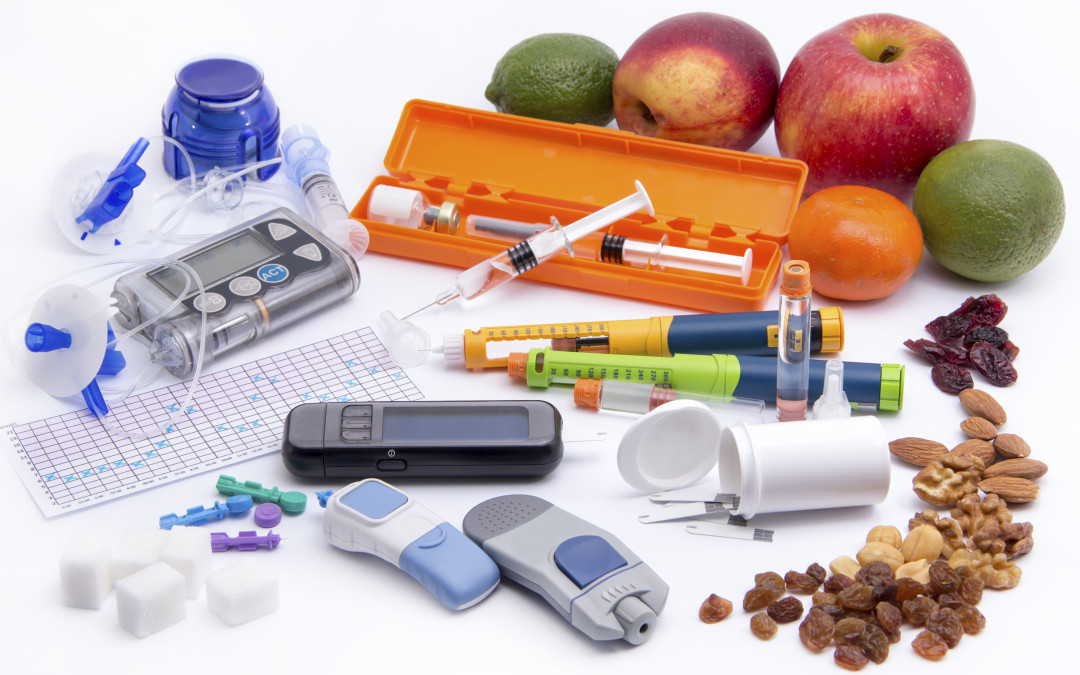Glucose Medications
Glucose medications are an essential part of treating diabetes. They are prescribed by your health care provider to help manage blood glucose levels and lower the risk of heart disease and stroke. Your doctor may prescribe a combination of these types of medication to achieve the best possible results. It is important to understand the side effects of glucose medication and know when to stop taking it. It is also important to use it correctly and only as directed by your doctor.
People with diabetes often use glucose as a treatment for very low blood sugar. The drugs work by increasing glucose levels in the blood quickly. They can be given to people who have been unable to eat for hours, to people who have become ill from alcohol, or to treat other conditions. These drugs may be used to prevent or treat hyperkalemia, or to control the level of potassium in the body. If you need to take a glucose medication, make sure you follow the directions carefully.
Glucose is also referred to as dextrose. It is a simple sugar that is commonly used to raise blood sugar in people who are suffering from hypoglycemia. The drugs can also be given to people who are not able to eat and are without food. Some of the other uses of glucose medications include treating hyperkalemia and providing carbohydrate calories to people who are unable to eat.
Glucose is the most common type of glucose medication. Despite its name, it works by rapidly raising the amount of glucose in the blood. It provides carbohydrate calories to people who are in need of them. Some people also take it as a remedy for the symptoms of alcohol poisoning and hyperkalemia. While glucose medications are highly useful, they must be taken according to the instructions on the medicine's label. Your healthcare provider may also recommend other medications.

There are many uses of glucose. The most common use for glucose is in the treatment of people with diabetes mellitus. It increases the blood sugar level quickly and provides carbohydrate calories to those who cannot eat. Other uses include providing carbohydrates to individuals who are sick from alcohol or undergoing surgery. It can also be used to treat hyperkalemia and other conditions. Regardless of the purpose, the benefits of taking it are worth the risks.
Glucose-containing drugs are often prescribed for people with diabetes. This medicine works by quickly raising the amount of glucose in your blood. This is a good option if your doctor cannot prescribe a high-carbohydrate diet for you. These products also help those who drink alcohol. It is important to follow the directions for these drugs and learn more about diabetes management at iHealzy. This is because medications can lead to serious complications if they are not taken properly. This is especially true when combined with lifestyle changes.
Glucose is a medicine that is used to treat people with very low blood sugar levels. As a rule, people with diabetes need to increase the amount of glucose in their blood, as it is a source of energy for their body. It is also prescribed in the case of a drinker who is too sick to eat. This drug may also be prescribed to treat other conditions. It is important to follow all directions on the medication label.
Incretinomimetics, or insulin-like drugs, block the enzyme that reabsorbs glucose from the blood. These drugs are FDA approved for the treatment of type 2 diabetes. The warning for this drug is that it can cause a number of side effects, including kidney cancer. The risks of using this medication are minimal and the benefits are significant. If you are taking these medicines for the first time, it is important to understand the side effects of the drug.
Glucose-containing drugs are usually prescribed for people with diabetes who have very low blood sugar levels. These drugs work by increasing the amount of glucose in the blood. These medicines can also be given to people with alcohol poisoning or low blood sugar after meals. While there are several risks associated with these drugs, they are generally safe and effective. If you have diabetes, your doctor will recommend a prescription for glucose medicine.


